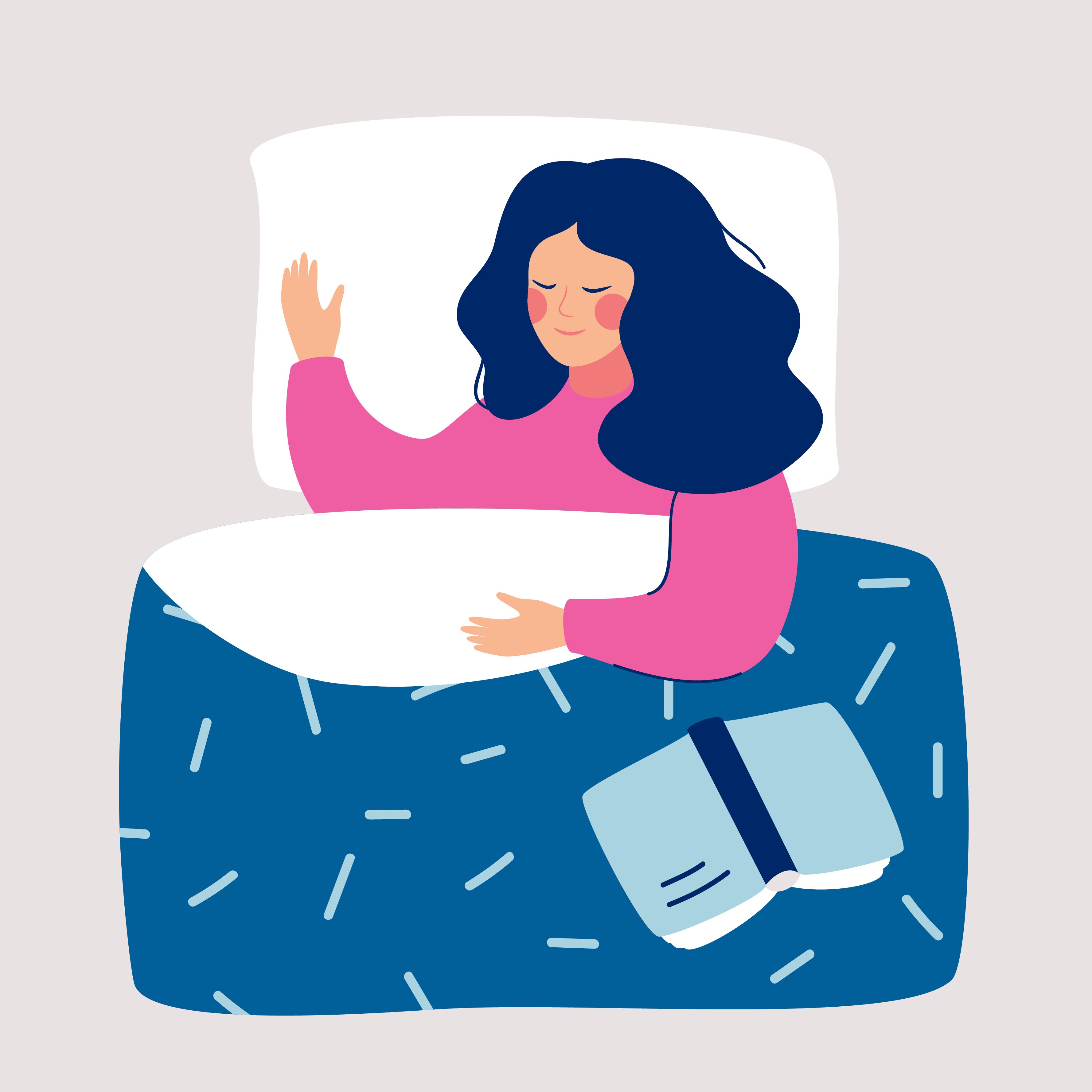
It’s easy to feel like a sleep expert. After all, we spend so much time doing it.
But this false sense of confidence can lead us to believe things about sleep that aren’t true.
These misunderstandings can lead to bad choices, impacting our sleep quality. Sleep plays a critical role in our overall health, so it’s essential to base our decisions on accurate information.
How Much Sleep Do You Need?
Some people claim that they can adjust to and function just fine on 5 or 6 hours of sleep.
This belief can lead to health consequences such as:
- weight gain and obesity
- diabetes
- hypertension
- heart disease
- stroke
- depression
- impaired immune function
- chronic pain
- impaired performance
- cognitive errors
- accidents and injuries
When sleep is restricted for many days, weeks, and months in a row, it might feel like the negative effects plateau, but objective measures indicate that performance and health outcomes continue to get worse.
The recommended amount of sleep for adults is 7 to 8 hours each night.
In a similar vein, some people assert that lying in bed with your eyes closed is just as good as sleeping, but evidence suggests otherwise.
Brain, endocrine, cardiovascular, and metabolic functions are markedly different when we sleep, and these changes are necessary for sleep to be restorative.
How Should You Fall Asleep?
Falling asleep “anytime, anywhere” is not a sign of good sleep health. It indicates that you are probably chronically sleep-deprived, which might be related to undiagnosed and untreated obstructive sleep apnea.
For people who have the opposite problem – difficulty falling asleep – there is a common misconception that it is best to stay and bed and keep trying. Or they might turn on the TV or their phone.
A better approach is to get up and walk around for a little bit and avoid lights and computer screens, only returning to bed when tired.
Some people believe that exercising in the last few hours before bedtime will interfere with their sleep. Still, it can have a calming and relaxing effect, helping you fall asleep and giving you a more rejuvenating rest.
Eating a bedtime snack might not be a good idea, especially if you have acid reflux and heartburn. As your stomach works to break down and digest your recently eaten food, your horizontal position makes it too easy for your stomach acids to splash up into your throat, causing you discomfort the next day.
The temperature of your bedroom can also affect how well you fall asleep and stay asleep. While you might believe it feels better to be warm or hot, this can actually lead to lower quality sleep. Cooler temperatures, between 65-70 degrees Fahrenheit, is ideal.
These are just a few of the most common sleep myths. Spend some time questioning what other beliefs you have about sleep and whether they are based on accurate information. Only then can you make the best choices for your health and wellbeing.






















